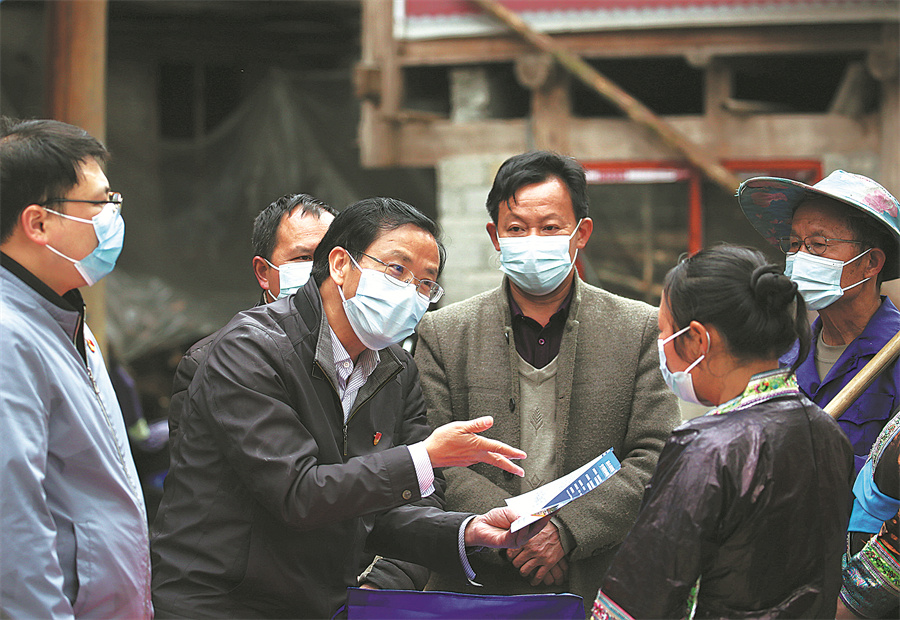Handling of petitions, complaints standardized


Responsibilities of relevant government bodies are specified in May 1 regulation. Yang Zekun reports.
No organization or individual may retaliate against people lodging petitions, according to new regulations. Moreover, the work of dealing with public complaints or proposals will be assessed annually as a reference point for the performance evaluations of officials and government departments.
Issued by the Central Committee of the Communist Party of China and the State Council, the regulations on dealing with petitions and handling public complaints or proposals aim to place the processes under better rule of law, standardize the execution of such work and focus on the prevention of problems or on solving those that already exist at the source.
The document incorporated the contents of the regulations on public complaints and proposals issued by the State Council, China's Cabinet, in 2005. The revised version contains six chapters and 50 articles that give detailed descriptions of all aspects of the procedures employed in handling complaints and reporting proposals.
The regulations, which took effect on May 1, said leading cadres and staff members at the relevant authorities will be severely punished if they treat complaints in a negligent manner, act peremptorily or arbitrarily, seek personal gain while dealing with such cases, handle large personal visits ineffectively or allow negative public opinion to cause the situation to escalate.
Officials will be punished if they disclose the details of complaints or information to the subject of the report, retaliate against petitioners or conceal, falsely report or delay the reporting of major or urgent complaints that may have a social impact.
In the new era, there are many challenges, new situations and issues facing those who handle petitions.
That means the government must actively adapt to changing circumstances and the requirements of the work, and improve the system by which complaints are handled, according to an official with the National Public Complaints and Proposals Administration.
Such work is an important way for government departments to understand social conditions and gauge public opinion.
The new regulations aim to build a channel that will allow the public to levy criticisms, suggestions and complaints, and will connect the government and the people, which will further deepen people's trust in the government, the official said.
























